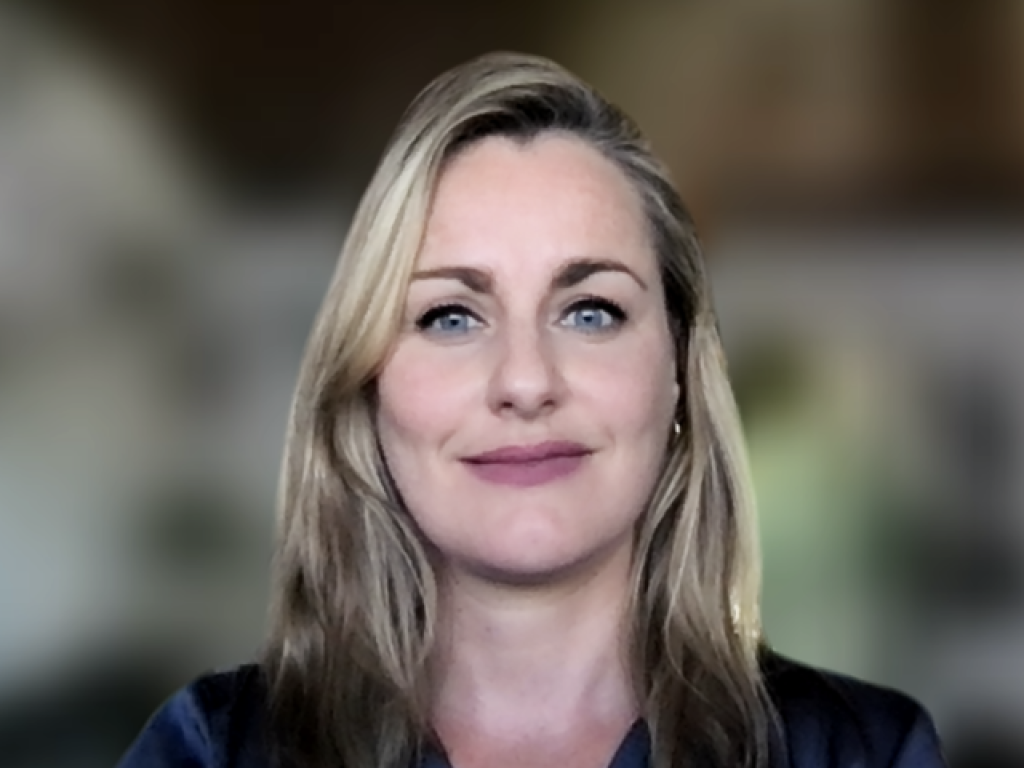Q&A with new Associate Member Dr Virginie Rozot

Associate Member Dr Virginie Rozot
Why did you get into research?
I've always felt that research has been ingrained in me. Despite my unconventional background as a biotechnology engineer, my fascination with both technology and the realms of science and medicine has always driven me. It is through research that I have found the perfect fusion of these passions, allowing me to utilize cutting-edge technologies to explore questions related to human diseases, with a specific focus on the immune-pathology of tuberculosis.
Why specialise in the immune-pathology of tuberculosis – what about this field piqued your interest?
Attending a talk by Prof Barry R. Bloom proved to be an incredibly fortunate opportunity for me. During his passionate address on tuberculosis, he candidly expressed his frustration with the sluggish progress in advancing the field compared to other diseases. He highlighted the lack of funding and the devastating toll the disease takes in terms of long-term consequences and fatalities. This enlightening talk served as the catalyst for my career in the immuno-pathology of tuberculosis. It became apparent to me that despite tuberculosis not being a primary focus in developed countries where its prevalence is lower, it remained a significant global killer, surpassing even HIV in lethality. The fact that the causative bacterium had been identified in remains dating back as far as 7000 years only intensified my frustration. I couldn't fathom how, with such historical knowledge, we were still grappling with this disease today. From that moment on, I made a dedicated commitment to combat tuberculosis. I felt compelled to raise awareness about its impact and actively contribute to the field in search of long-term solutions for prevention, diagnosis, and treatment. My goal became advocating for the cause, striving to be an instrumental participant in the ongoing efforts to combat this formidable disease.
What would you like people to know/understand that isn’t necessarily common knowledge about this area of work?
First, it's crucial to increase general public awareness about tuberculosis, particularly in South African communities where the disease remains prevalent and stigmatized, impacting numerous families. Secondly, globally, there is a misconception in developed regions that TB has been eradicated due to the existence of the BCG vaccine. Even within the immunology scientific community, researchers not involved in TB studies may not fully grasp the severity of its impact. Efforts are needed to dispel this misconception and raise awareness about the ongoing ravages caused by TB.
And related to this, how does your work impact society?
Research plays a pivotal role in developing improved tools to combat tuberculosis, such as enhanced diagnostic methods, more effective vaccines for prevention and recurrence, and less burdensome drugs for treatment. At the societal level, tuberculosis exerts a significant toll on the medical system, necessitating substantial human and financial resources. Those afflicted with TB often struggle to maintain employment, leading to financial consequences for both the individual and their family. The sheer scale of TB's impact is staggering, with over 10 million new infections and more than 1.4 million deaths annually. Reducing the burden of TB through research has the potential to transform global public health and society, benefiting countless lives worldwide.
Practically, what does the accolade of becoming an Associate Member mean for your work?
As an Associate Member of the IDM, I can join a larger community of academics and benefit from valuable mentorship. Moreover, I gain access to the Institute's research facilities and dedicated workspace to carry out my work effectively.
What do you hope to achieve, career-wise, in the long term?
My aspiration is to contribute to the success of an effective new TB vaccine accessible to all. While I am uncertain about my career's future path, I believe life presents opportunities, and embracing change when possibilities arise is essential for personal growth and success.
What do you enjoy about your work?
I find joy in the thrill of experimental results, which spark new questions and demand creativity as we work towards our shared goal of eradicating TB. Additionally, I take great pleasure in inspiring my students and contributing to the growth of future scientists in South Africa and Africa.
One for the kids: Explain what you do to a five-year old:
I study the immune system, which is like the body's defense army, by looking at samples taken from people, like their blood. I compare what the immune cells are doing in different people - some are healthy, some might get sick soon, and some are already sick. By doing this, I try to figure out what is different between them. These differences help us understand how diseases develop and find ways to stop them using vaccines or treat them with special medicines.
Read more about Virginie here.
